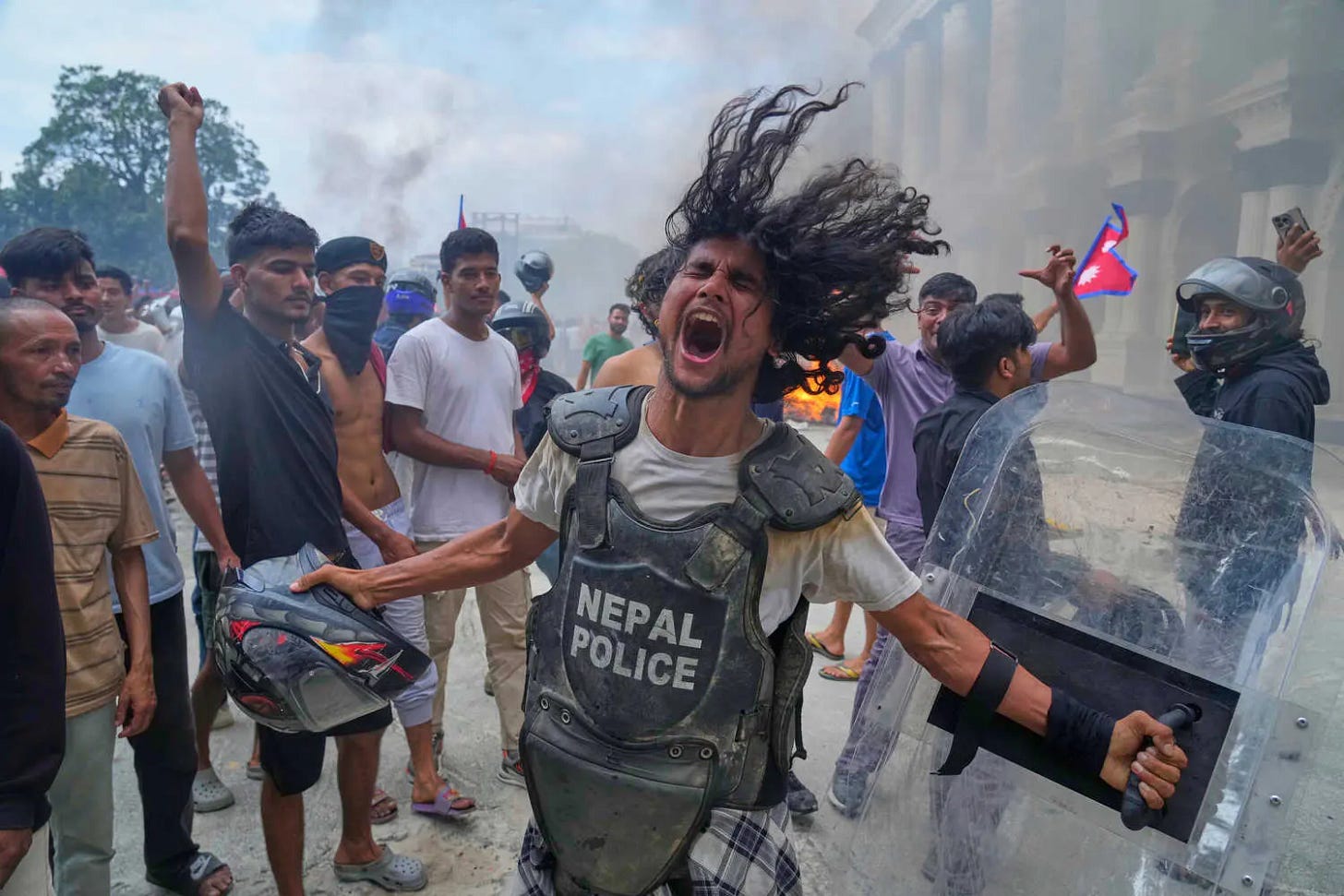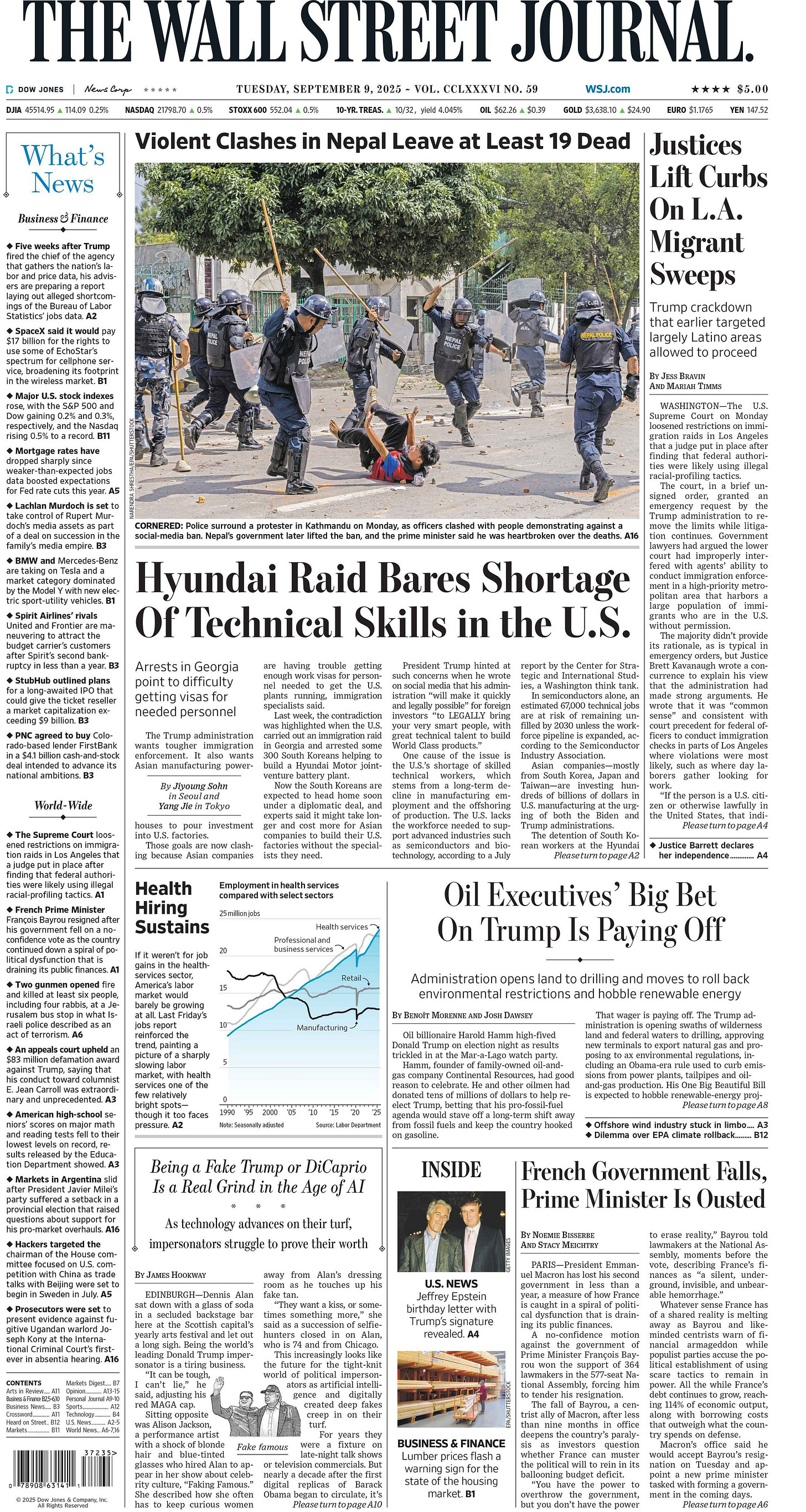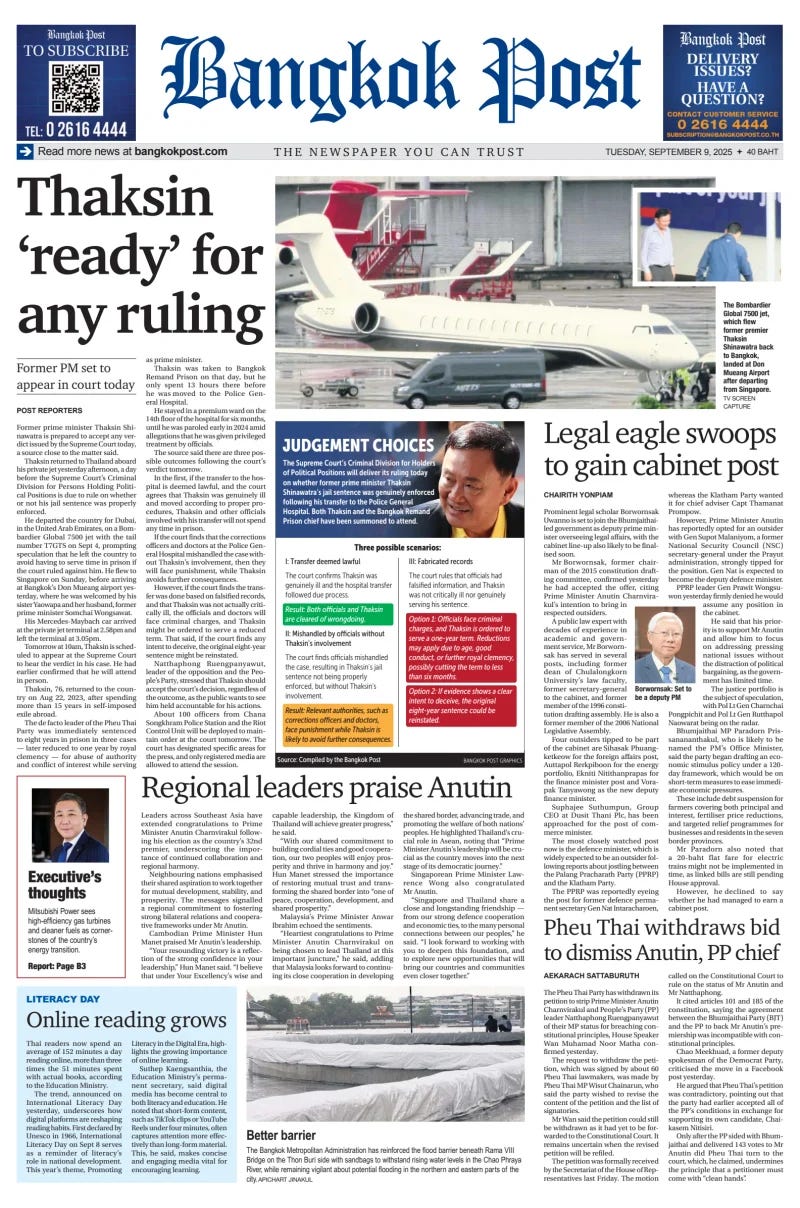Rakes, Rifles, and Referendums: Switzerland’s Balancing Act
While 78% reject military involvement in Ukraine, Zurich voters are gearing up for a battle over leaf blowers. And at the OSCE, the Swiss prove they can still wield quiet power when it matters.
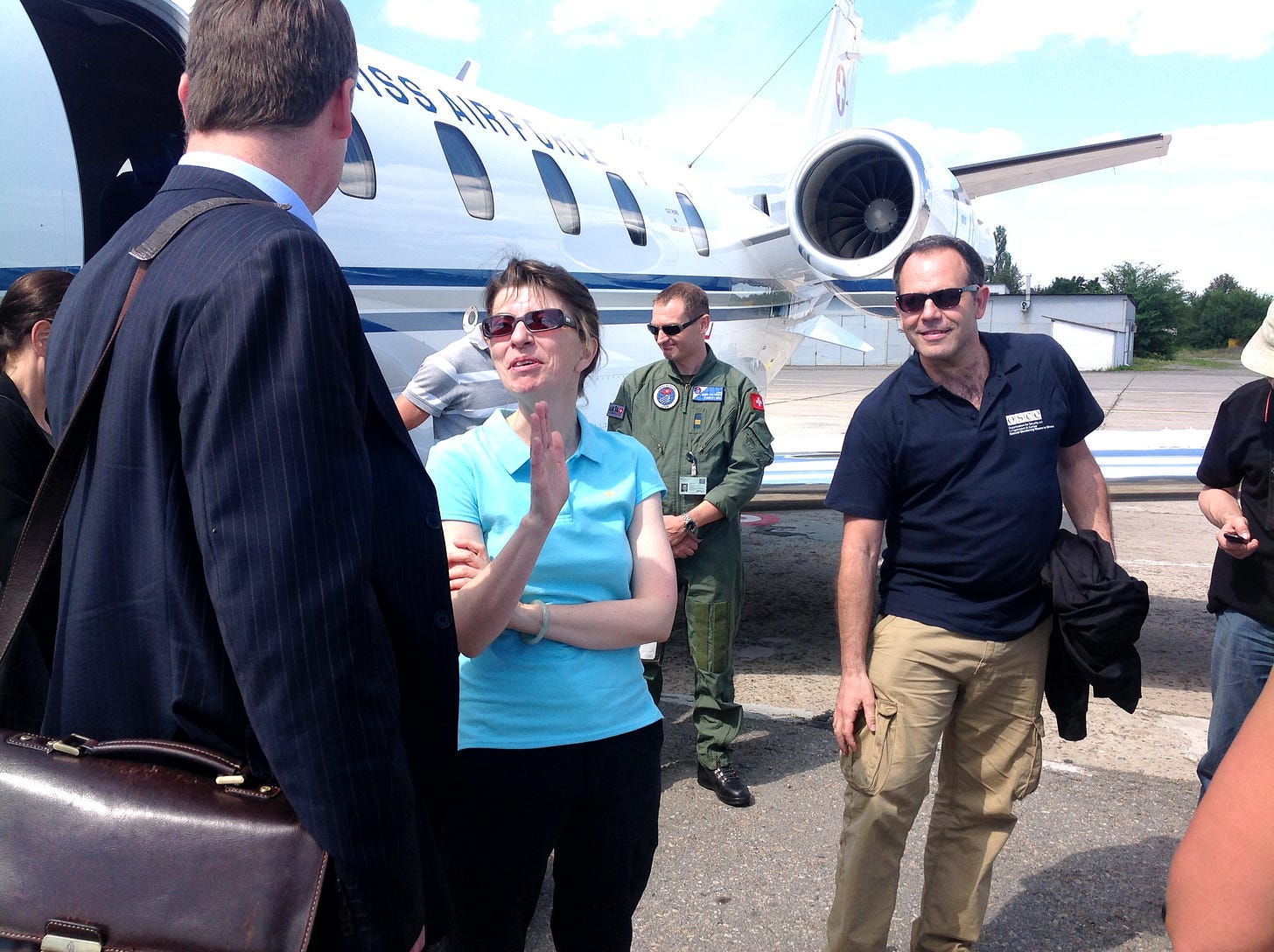
Swiss Neutrality, Ammo Scandals, and the Perils of Leaf Blowers
Switzerland stands out as Europe’s most steadfast defender of neutrality, with 78% rejecting any military involvement in Ukraine. The results of an Ipsos poll conducted earlier this year described this as nothing less than a “deep commitment to Switzerland's historical tradition of neutrality.”
That tradition has come under occasional strain. Just last November, Bern banned exports to a Polish defense supplier after discovering that some 645,000 rounds of Swiss-made ammunition had found their way to Ukraine. It was in violation of Swiss law - which bars exports of Swiss-owned or Swiss-made military hardware to countries in conflict. Swiss arms makers, meanwhile, have been lobbying the government to loosen resale restrictions after exports declined for a second consecutive year.
But now that the Swiss have made their views on war and peace crystal clear, their focus is shifting to a battle closer to home: leaf blowers. On September 28, voters in Zurich will decide whether to outlaw petrol-powered blowers and vacuums outright, while restricting electric ones to the leafiest months (October to December). Explains the news outlet, Swiss Info: “The arguments of the anti-leaf-blower lot are the usual ones: the tools are too loud, they swirl up dust and bacteria and “other dangerous particles”, they harm biodiversity, and they are increasingly used not just to blow away leaves – as their designers intended – but also things like rubbish. Their opponents, including Zurich’s trade association, complain of a “rampant culture of prohibition” and lump the ban in with attacks on meat-eating and car-driving. Switzerland, after all, is no stranger to plebiscites on everything from absinthe to cow horns, so why not garden tools?
In fairness, Switzerland is not all rakes and referendums. It has chaired the Organization for Security and Cooperation in Europe (OSCE) twice and will take the helm again in 2026, as part of the “Troika” with Malta and Finland. When I served as spokesperson for the OSCE’s Special Monitoring Mission to Ukraine, I saw Swiss diplomats deeply engaged in the aftermath of Russia’s illegal annexation of Crimea and the takeover of Donetsk and Luhansk. I watched close up as the helped us navigate the tricky shoals of diplomacy - appointing the Swiss diplomat Heidi Tagliavini to the Trilateral Contact Group in 2014, and providing financial and in-kind contributions to the SMM. The Swiss ambassador in Kyiv at the time even sat with us across from Russian counterparts at Ukraine’s MFA—and, in a remarkable show of quiet resolve, Bern dispatched two Swiss Air Force aircraft to Dnipro in June 2014 to evacuate colleagues held hostage by Russian thugs. Neutral, yes—but not afraid to roll up their sleeves when it really counts.
** A shout out to the team at Monocle Radio for flagging the twin issues of soft Swiss support for military action in Ukraine and the upcoming referendum in Zurich
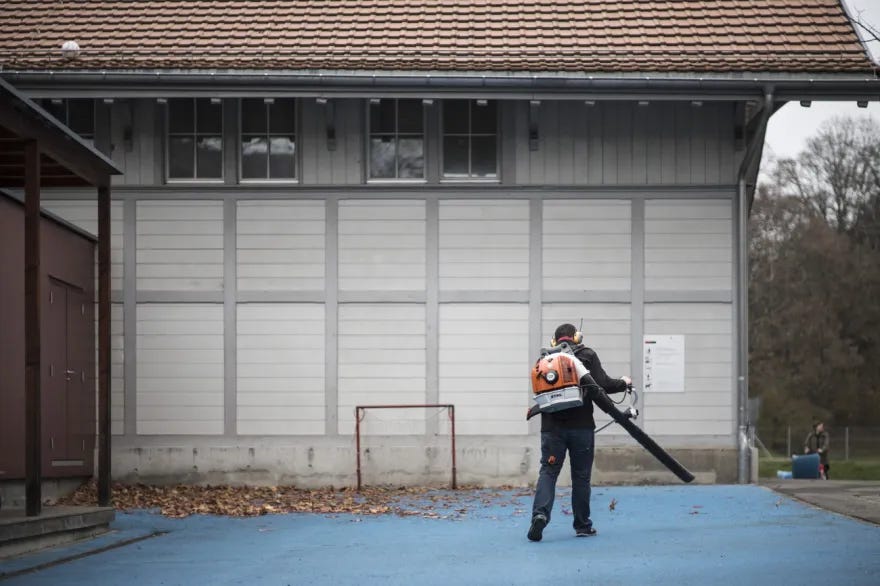
The Israeli army says it has carried out an assassination attempt on top Hamas leaders in Qatar’s capital, Doha, where multiple explosions have been heard. A Hamas source tells Al Jazeera the attack happened as a negotiating team was discussing a Gaza ceasefire proposal put forward by the United States. Media outlets reported eight separate explosions in a residential area that also has an international school and diplomatic compounds. Qatar condemns the “cowardly” Israeli attack, calls it a flagrant violation of international law. A White House official has confirmed to the BBC that the Trump administration was "notified" about the Israeli strike on Doha before it took place. There are about 10,000 US military personnel that are stationed in the country.
Saudi Arabia has condemned Israel’s attack on Qatar “in the strongest terms”, calling it “brutal Israeli aggression and the flagrant violation of the sovereignty of the sisterly State of Qatar”. It also warned of “the grave consequences resulting from the Israeli occupation’s persistence in its criminal transgressions and its blatant violation of the principles of international law and all international norms”.
Liqaa Maki, a scholar at Al Jazeera Media Institute, says the hypothetical survival of the Hamas delegation “would not absolve Israel” of the responsibility for the attack in Doha. “Regardless of the results, the aggression happened, and Israel has proven that it is a country with no inhibition that does not respect international law or global peace and security. It is a threat to security and peace in the world, and thus it must be held accountable,” said Maki.
“Israel has crossed all red lines.”
Other analysts described the attack as “an extraordinary turn of events” and that it could spell the end of progress towards a two-state solution. “Israel’s reputation has been damaged internationally. It is hard to understand the rationale of what has been done.”
“This is gangster behaviour. This is Mafia behaviour. This is not a state (Israel) that is involved in diplomacy and negotiations. That’s not how they behave….Any less than public condemnation of this kind of mafiosi-type behaviour would not be acceptable from the likes of the United States and certainly not from Western Europe, certainly not from Europe in general, and clearly, there has to be an immediate condemnation from all of the Arab world” - Marwan Bishara, Middle East political analyst
Nepal’s Prime Minister Khadga Prasad Sharma Oli resigns after three of his ministers earlier quit following deadly protests over alleged government corruption. Defying a curfew, protesters have stormed the office of the country’s largest party, Nepali Congress, and residences of several prominent politicians, a day after 19 people were killed by security forces. Late on Monday night, the government lifted a ban on social media, which had led to what the organisers call a Gen Z protest in the capital, Kathmandu, and other cities. The Kathmandu International Airport has been closed with immediate effect due to the protests, says Nepal’s civil aviation authority. President Paudel has begun the process to install a new government, an aide told Reuters. Paudel’s move followed the resignation of Prime Minister KP Sharma Oli over mass protests against his government. Ramyata Limbu, a Nepali journalist based in Kathmandu, says there “seems to be no one in charge” in the streets of the capital, with groups of young people and onlookers vandalising properties of senior ministers and party offices. Limbu told Al Jazeera that the situation “has been building up”. She added: “The Nepali population, especially the younger generation, Gen Z, has been very disillusioned about corruption, lack of transparency, lack of accountability, lack of good governance. So I think it was just over a period of time that all this was building up, and when Gen Z decided on Monday to have a peaceful protest against the social media ban, but again, corruption … it was a trigger, and it’s really traumatising and I think a tragedy” - Al Jazeera
French President Emmanuel Macron is on Tuesday expected to accept the resignation of his Prime Minister François Bayrou after the latter lost a confidence vote he had himself called over his austerity budget. Following the defeat in parliament Monday, Macron said he would name a new prime minister “in the next few days”. Whoever President Emmanuel Macron picks to succeed his outgoing prime minister will face the near impossible task of uniting parliament and finding ways to get a budget for next year adopted. France is under pressure to lower a deficit that stands at nearly double the European Union’s 3 percent ceiling, and a debt pile equivalent to 114 percent of GDP. Alongside political upheaval, France is also facing social tensions. A left-wing collective named "Block Everything" is calling for a day of action on Wednesday and trade unions have urged workers to strike on September 18 - France 24
Ukraine has a long list of vulnerable nuclear facilities, like reactors for research or power generation — including Chernobyl, where the world’s worst nuclear accident occurred — and storage sites for spent fuel which could cause immense harm if struck by Russian forces, The New York Times reported. One is a laboratory in Kharkiv, where an experimental device innocuously named the Neutron Source, containing several dozen pounds of enriched uranium — enough, if it were scattered, to contaminate much of the city. The lab building lies just 14 miles from the front line of Europe’s largest war in eight decades, and Ukrainian authorities say the structure has been damaged by Russian munitions 74 times. The longer the war drags on, the greater the risk of a strike that could spread radioactive material across a wide area. Some of the sites have extensive security measures, but they were not built to take a direct hit from a large bomb. “It’s a situation which is very dangerous, and we are lucky that no nuclear accident occurred yet,” said Bruno Chareyron, scientific adviser to the Commission for Independent Research and Information on Radioactivity, a French nonprofit group. The Zaporizhzhia nuclear power plant, Europe’s largest, has been struck repeatedly, but each time disaster was averted. In 2023, an explosion at a river dam drained the primary source of cooling water for the plant’s six reactors, forcing a pivot to a backup cooling pond. The site now relies on two electrical transmission lines, one of which is periodically severed by fighting - NYT
Ukrainian President Volodymyr Zelenskyy says 20 civilians were killed in a "frankly brutal" Russian air strike on a village in eastern Ukraine and called on the international community to respond with an "appropriate reaction." Zelesnky said the strike aimed "directly at people, ordinary citizens" hit the village of Yarova in the Donetsk region on September 9. It came just hours after Moscow said Ukrainian forces launched drone and missile attacks on two cities in Russia-occupied parts of the Donetsk region that left two people dead. "According to preliminary information, the number of dead is more than 20 people. There are no words..." Zelensky wrote in a social media post - RFE/RL
U.S. Treasury Secretary Scott Bessent said on NBC, "If the US and the [European Union] can come in, do more sanctions, secondary tariffs on the countries that buy Russian oil, the Russian economy will be in full collapse, and that will bring President Putin to the table." He added: “We are prepared to increase pressure on Russia, but we need our partners in Europe to follow.” The EU has sharply reduced Russian energy imports, but Washington is urging it to make further cuts and buy more from the United States. The EU said its sanctions envoy, David O'Sullivan, would lead a delegation to the United States on September 8 for two days of talks on coordinating sanctions against Russia. "There is plenty more that the West can do," said Nigel Gould-Davies, senior fellow for Russia and Eurasia at the International Institute for Strategic Studies. "Its use of secondary sanctions, the most potent weapon, remains limited. It can go much further in sanctioning shadow fleet oil tankers in particular….Chinese entities have been risk-averse when faced with the prospect of sanctions," he told RFE/RL. "Escalating sanctions that will affect them can usefully signal the risks China faces in being what NATO now calls the 'decisive enabler' of Russia's war in Ukraine."
An American TikToker’s trip took an unexpected turn when she wound up in Tunisia instead of France. Brittney Dzialo has gone viral on TikTok after she revealed Sunday that she and her travel companion boarded a flight believing it was headed to Nice, France, the New York Post reported. But while on the plane, they realized they were actually en route to Tunis, Tunisia. “Is this going to Nice?” she was heard asking another passenger in the clip, to which the woman responded, “Tunis, yeah.” The pair attempted to get off the flight, but the crew directed them back to their seats, promising that they would eventually make it to their intended destination. Dzailo claimed “the airline employee misheard us and booked us a flight to Tunisia, Africa instead of Nice, France.” The pair, according to their TikTok post were forced to buy new tickets back to the European mainland. Commentators on social media expressed incredulity at the stupidity of the travellers, with one questioning how they could not have noticed they were boarding a non-European airliner, and another saying a quick glance at their boarding pass would have indicated that they purchased tickets to the wrong destination. (I’ve had a good view of their posts and have concluded this may have been an intentional publicity stunt. It was also clear that the Tunisian authorities were having none of their ridiculous antics). As previously reported by The Post, fellow TikTok besties Lynne Mazouz and Kira Smith thought they booked a flight to San Jose, Costa Rica — but their getaway landed them in San Jose, California instead.



